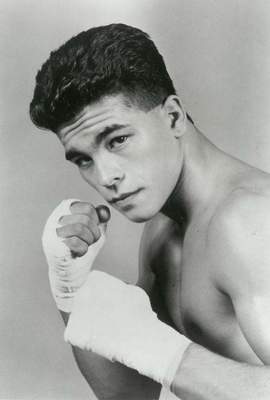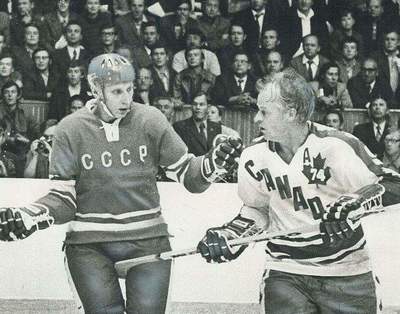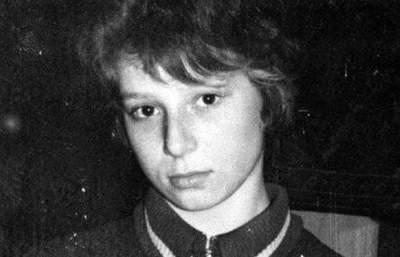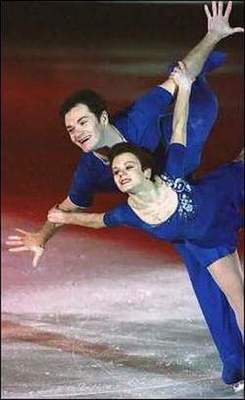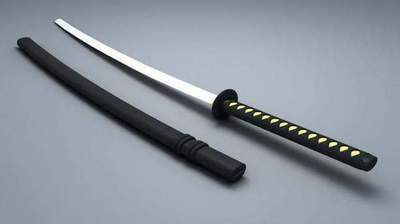For he nearly shot Dostoevsky?
The famous Russian writer Fyodor Dostoevsky did not like the nihilists and revolutionaries. When he came up with the idea of the novel "The Possessed", he said: "Here yelled something about me Nihilists and Westerners that retrograde" But in his youth a future classic and very nearly was a revolutionary, eventually ending his underground activity in minutes before the possible shooting. If not for the mercy of the emperor, we would never have read "Crime and Punishment", "The Idiot" and "The Brothers Karamazov" ...
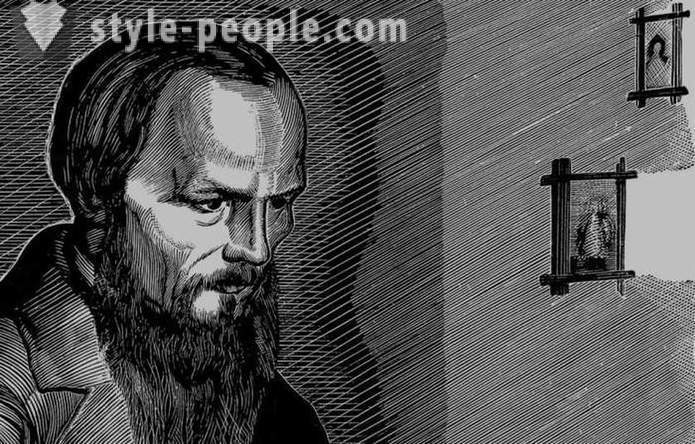
The young writer
While studying at the Main Engineering School in St. Petersburg, Dostoevsky became interested in literature. Admission to this place was the decision of his father, as expected in the old days - the qualitative military engineering education provides graduates with career growth and good content on the service engineers or sapper officers.
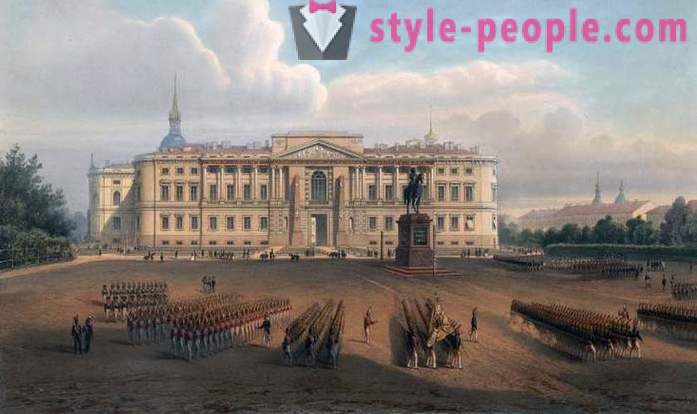
But that's read Pushkin, Gogol, Balzac and Shakespeare to young Theodore was dearer than the parental desire of his career. With his friend Ivan Shidlovskii Dostoevsky discuss favorite authors, and at night, in his spare time, trying to make literary experiments himself. Even classmates, he did not refuse to write for them essays on given topics in Russian literature.
After coming out of the walls absorbed Dostoevsky school writing completely. He retired from military service and do translations. The publication of the debut novel "Poor People" brought him fame, and with it the wide range of contacts in the literary salons and clubs of the capital. There's some criticism by Alexei Pleshcheeva young writer became acquainted with Mikhail Petrashevsky.
Circle Member Petrashevists

Petrashevsky can not be considered an irreconcilable underground revolutionaries. Ironically, his godson and all considered the Emperor Alexander I, in fact at a christening present Earl Miloradovich - Petrashevsky father served as a doctor for many royal dignitaries and therefore was close to palace circles. Young Petrashevsky also went to serve the government, having arranged a translator for the Ministry of Foreign Affairs.
Meanwhile, in Russia smuggling penetrated forbidden literature. Petrashevsky collected at the entire library of Fourier, Saint-Simon, Feuerbach, Owen and other socialists, utopians and materialists. To it began to catch people who share beliefs seditious opposition.

The young Dostoevsky
The young thinker became an opponent of the autocracy and decided to bypass censorship, preparing for publication, together with like-minded "Pocket Dictionary of Foreign Words". In it under the guise of an ordinary directory contained articles about the concepts of anarchy, despotism, constitution, democracy, and so on ... In fact, this was the propaganda of socialist ideas.
To find supporters Petrashevsky organized at his apartment "Friday." In these weekly meetings, guests can dine, discuss politics and read books. Nobody each other "Petrashevists" certainly did not call. This name came up later, when in 1849 the police circle covered through denunciations. The number listed in the denunciations of persons who attended the "Friday" Petrashevsky was named Dostoevsky.
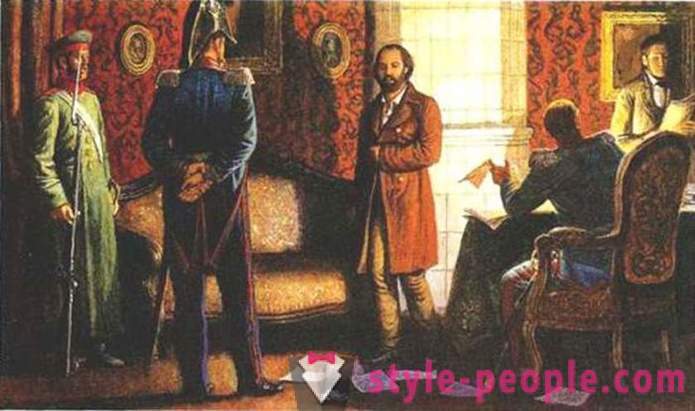
The arrest petrashevtsa
Condemned to death
"I wish many improvements and changes, I complained about the many abuses. But the whole basis of my political thought was expected of these changes from autocracy. Everything that I wanted, so it was not anyone's muted voice and to listen to was, if possible, every need ", - said then Dostoevsky.
Criticize the government, reading forbidden literature and sympathetic look at socialism was in the spirit of the time. This meant "to be a revolutionary." Dostoevsky tried even for this - it is, in general, and did not associate Petrashevsky, but only together with all the reading that it was impossible to read, and discussed the fact that it was impossible to discuss. And yet not denounced. And condemned - "for failure to report on the distribution of" criminal works.
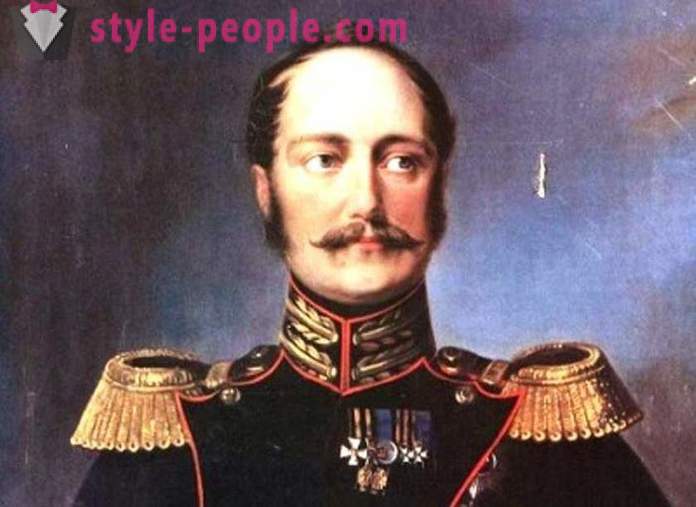
Nicholas I
While in Europe, a wave of revolutions, or, as it was called, the "Spring of Nations": the people rebelled in France and in the German lands in Sicily and Hungary. Russian Emperor Nicholas I was afraid that in the capital weaving plots to revolution. Therefore, military and judicial generals Commission issued the most severe sentence secret mug - all the accused, 21 people were sentenced to death.
However, the emperor decided to do "justice". The sentence was changed to various terms of penal servitude and exile, but unfortunate the defendants should have known about it at the last moment ...

Staged execution Petrashevists
Early in the morning 22 December 1849 on the parade ground of Petrashevists Semenov led to his execution. Three of them, including Petrashevsky dressed in shrouds, soldiers with loaded rifles stood in front of them - and "suddenly" came galloping courier and announced a pardon. As they say, one of Petrashevists even went mad, unable to withstand the stress of the moment.
Dostoevsky then expected remorse. Raskolnikov from "Crime and Punishment", he would go to prison in Siberia. Return from exile and great novels turn it into a classic of Russian literature. But the revolutionary movement since he will treat critically, seeing it as "devilry" and nihilism.































